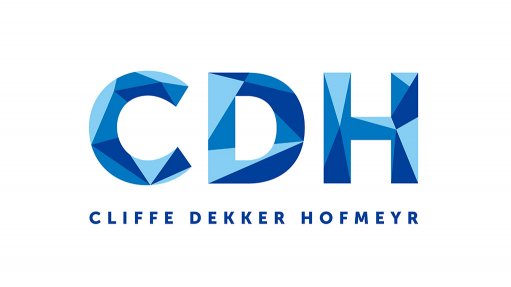
According to Uber Technology Proprietary Limited’s (Uber) recent mail shot, it was a mere three years ago that Uber launched its first trip in Johannesburg. Today, Uber operates in eight African countries, including Nigeria, Kenya, Ghana and Tanzania, services fifteen cities and has travelled approximately 460 million kilometres across the continent. This equates to travelling around the Earth 1,000 times which is pretty impressive for a relatively new market entrant.
It’s no wonder that the Metered Taxi Industry has been up in arms against Uber and as a result turned to the competition regulator to address this threat to its entrenched market position. In its complaint lodged with the Competition Commission (Commission), the Metered Taxi Industry raised the following concerns:
- Uber operates unfairly in that it secures partnerships with multinational companies and this gives it unparalleled access to the market;
- Uber misleads the public by its notion of job creation for drivers and does not comply with South African public rules and regulations;
- Uber floods the market with vehicles because it does not have to comply with licensing and other public transport regulations; and
- Uber charges prices that are below costs.
Following an investigation into these allegations, the Commission issued a media release on 20 October 2016 notifying the public that it has decided not to prosecute this complaint. The Commission concluded that the alleged conduct does not contravene the Competition Act, 1998. This is no doubt good news not only for Uber but also for consumers who have found the Uber system to be refreshingly transparent from a pricing perspective; technologically driven; and ultimately an efficient, effective, reliable and safe means to travel.
In terms of the Competition Act, the Metered Taxi Industry has 20 business days to refer the complaint directly to the Competition Tribunal if it disagrees with the Commission’s decision. It will be interesting to see whether the Metered Taxi Industry does decide to pursue its complaint which appears at its essence to be a complaint about improved service offering and the introduction of aggressive competition in a market that has been stagnant for too long.
It seems clear that while market competition may harm some participants like the Meter Taxi Industry, our policy makers and regulators should aspire to create market structures where competition can be rife, as these circumstances really do seem to yield the best consumer welfare results and isn’t that what competition is really all about … #competitionuberalles!
Written by Natalie von Ey, Cliffe Dekker Hofmeyr